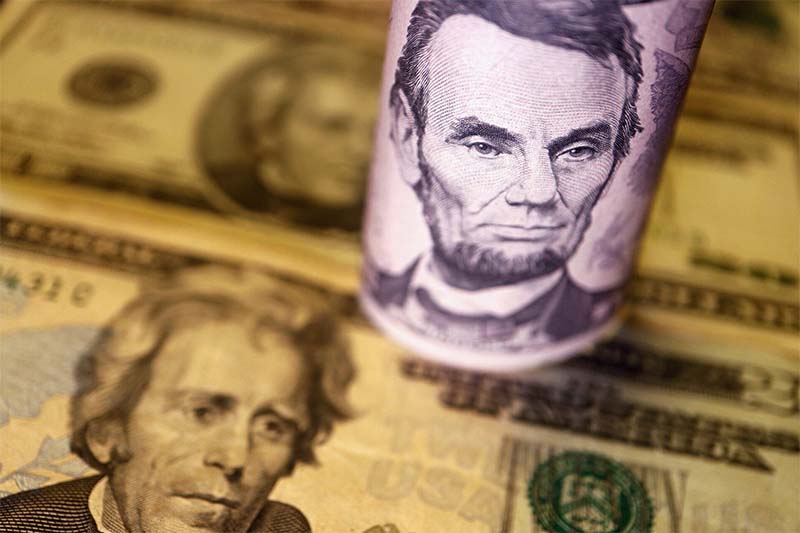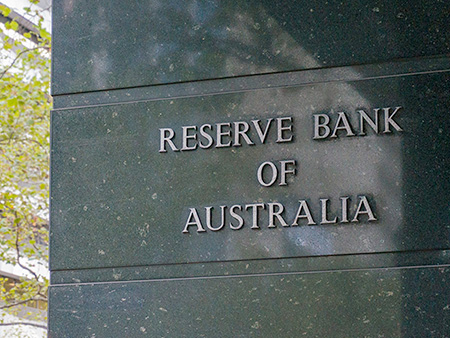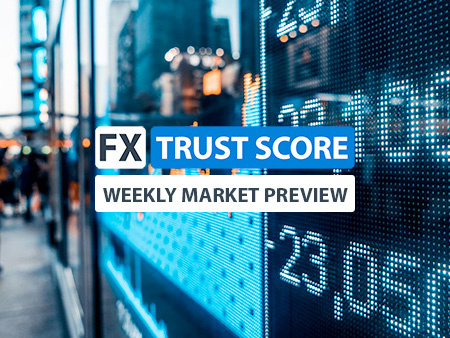The dollar held onto its biggest gains in a week on Wednesday after an Iranian missile attack on Israel drove the buying of safe haven assets as investors fretted about the widening of conflict in the Middle East.

SYDNEY/LONDON, Oct 2 (Reuters) – The dollar held onto its biggest gains in a week on Wednesday after an Iranian missile attack on Israel drove the buying of safe haven assets as investors fretted about the widening of conflict in the Middle East.
The euro was little changed against the dollar at $1.1069, following its largest drop in nearly four months on Tuesday at 0.6%.
The U.S. dollar index , which tracks the currency against a basket of peers, was also steady at 101.25 after rising 0.5% on Tuesday.
Iran said on Wednesday its missile attack on Israel, its biggest military assault on the Jewish state, was over, barring further provocation, while Israel and the United States said they would retaliate against Tehran.
Israel said Iran fired more than 180 ballistic missiles and Iran’s Revolutionary Guard Corps said the attack was retaliation for Israeli killings of militant leaders and aggression in Lebanon against the Iran-backed armed movement Hezbollah.
The markets’ response to the Middle East tensions thus far has centred on oil prices.
“The oil price does appear to be where the market is taking its steer from (but) even now Brent (crude oil) is still at $75 a barrel, and that’s far lower than what it was before the summer,” Jane Foley, head of FX strategy at Rabobank, said.
“It is still obviously a primary source of concern. And the market will certainly be keeping one eye on that and one eye on the Fed and the U.S. economy as well.”
Elsewhere, the safe haven Swiss franc was up 0.1% at 0.8458 per dollar, after it reversed earlier losses to rise slightly on Tuesday.
Sterling was little changed at $1.3292 after dropping 0.67% the previous day.
The euro’s fall on Tuesday was also driven by increased bets that the European Central Bank will cut interest rates in October, after data showed euro zone inflation fell more than expected to 1.8% in September.
The dollar’s rise was helped by a stronger-than-expected reading on U.S. job openings.
In Japan, the yen was last 0.4% weaker at 144.14 per dollar, knocked back after Bank of Japan Governor Kazuo Ueda avoided repeating the central bank’s pledge to keep raising rates in a speech and focused on the risks facing the economy.
The country’s newly appointed economy minister, Ryosei Akazawa, said on Wednesday that Prime Minister Shigeru Ishiba expects the Bank of Japan to make careful economic assessments when raising interest rates again.
The focus turns to U.S. private payrolls data due later on Wednesday, with traders also monitoring a dispute at U.S. ports. The most important data point of the week is the U.S. employment report for September on Friday.
East and Gulf Coast dockworkers began their first large-scale strike in nearly 50 years on Tuesday, halting the flow of about half the country’s ocean shipping.
Vice Presidential candidates J.D. Vance and Tim Walz squared off in a nationally televised debate on Tuesday, which was largely civil and was met with muted market response.
Check out the performance of EUR USD live rates on our dedicated page.
News Cited from [Reuters News] – Reporting by Tom Westbrook, Rae Wee and Harry Robertson; Editing by Sam Holmes, Kim Coghill and Barbara Lewis. Full credit goes to Reuters and its team.






